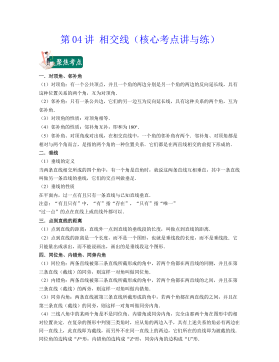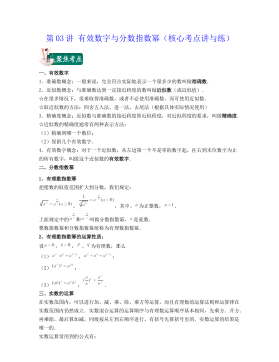积极财政政策背景下国有商业银行信贷风险研究
浙江财经学院硕士学位论文I摘要随着社会主义市场经济体制的逐步建立,中国的金融市场在不断探索中慢慢发展,作为金融市场中核心部门而存在的国有商业银行因其巨大的资产规模、庞大的业务量发挥着重要且特殊的作用。而作为关乎我国金融稳定的一个重要方面,中国国有商业银行的信贷风险问题在人们的视野中和国内外学者的思考框架中也一直长期存在着。关于中国国有商业银行信贷风险问题的研究,涉及到信息经济学、现代产权理论、企业管理等众多相关理论。本文将对国有商业银行在国家实施积极财政政策的条件下所面临的各种信贷风险来源进行研究,并着重分析此背景下国有商业银行承担政策性贷款任务导致的信贷风险以及由此引起的银行经理人和地方政府...
相关推荐
-
10KV电网D-SCADA 系统信息采集与故障诊断研究与设计VIP免费
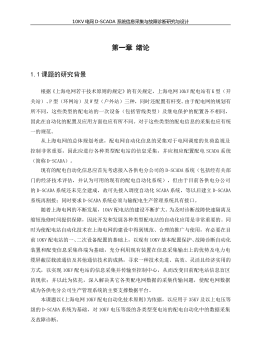
 2024-10-14 20
2024-10-14 20 -
方形吸顶散流器平送风等温射流特性研究VIP免费
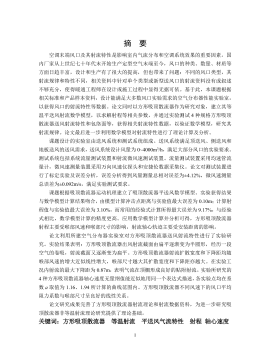
 2025-01-09 6
2025-01-09 6 -
关于充液声导波传感器中频散兰姆波的研究VIP免费
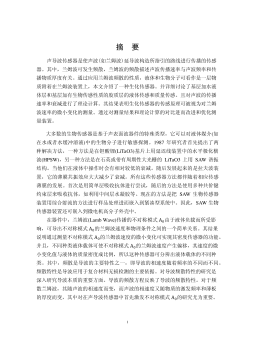
 2025-01-09 6
2025-01-09 6 -
结合梁斜拉桥施工过程中考虑剪力滞影响的分析方法VIP免费

 2025-01-09 6
2025-01-09 6 -
空调房间热舒适性的数值模拟与实验研究VIP免费
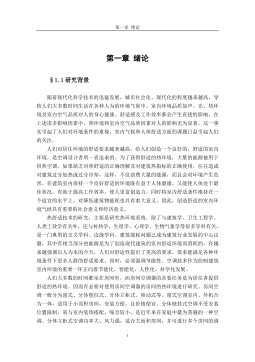
 2025-01-09 7
2025-01-09 7 -
汽车前轮线控转向系统研究VIP免费
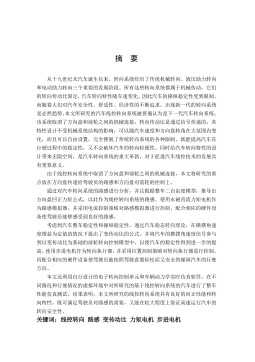
 2025-01-09 8
2025-01-09 8 -
输入分配型混合动力车辆动力系统控制策略研究VIP免费
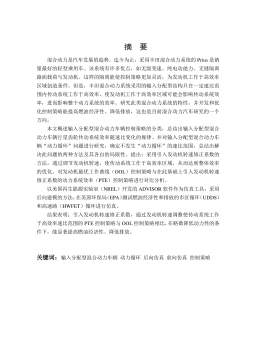
 2025-01-09 7
2025-01-09 7 -
双馈风力发电系统的柔性并网控制研VIP免费
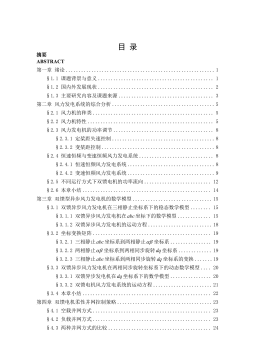
 2025-01-09 8
2025-01-09 8 -
污水处理厂污泥好氧堆肥发酵技术的试验研究VIP免费
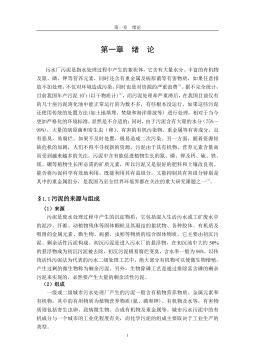
 2025-01-09 7
2025-01-09 7 -
应用风室试验装置的风机性能VIP免费
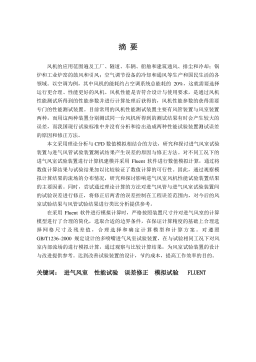
 2025-01-09 8
2025-01-09 8
作者详情
相关内容
-

汽车前轮线控转向系统研究
分类:高等教育资料
时间:2025-01-09
标签:无
格式:PDF
价格:15 积分
-

输入分配型混合动力车辆动力系统控制策略研究
分类:高等教育资料
时间:2025-01-09
标签:无
格式:PDF
价格:15 积分
-

双馈风力发电系统的柔性并网控制研
分类:高等教育资料
时间:2025-01-09
标签:无
格式:PDF
价格:15 积分
-

污水处理厂污泥好氧堆肥发酵技术的试验研究
分类:高等教育资料
时间:2025-01-09
标签:无
格式:PDF
价格:15 积分
-

应用风室试验装置的风机性能
分类:高等教育资料
时间:2025-01-09
标签:无
格式:PDF
价格:15 积分


